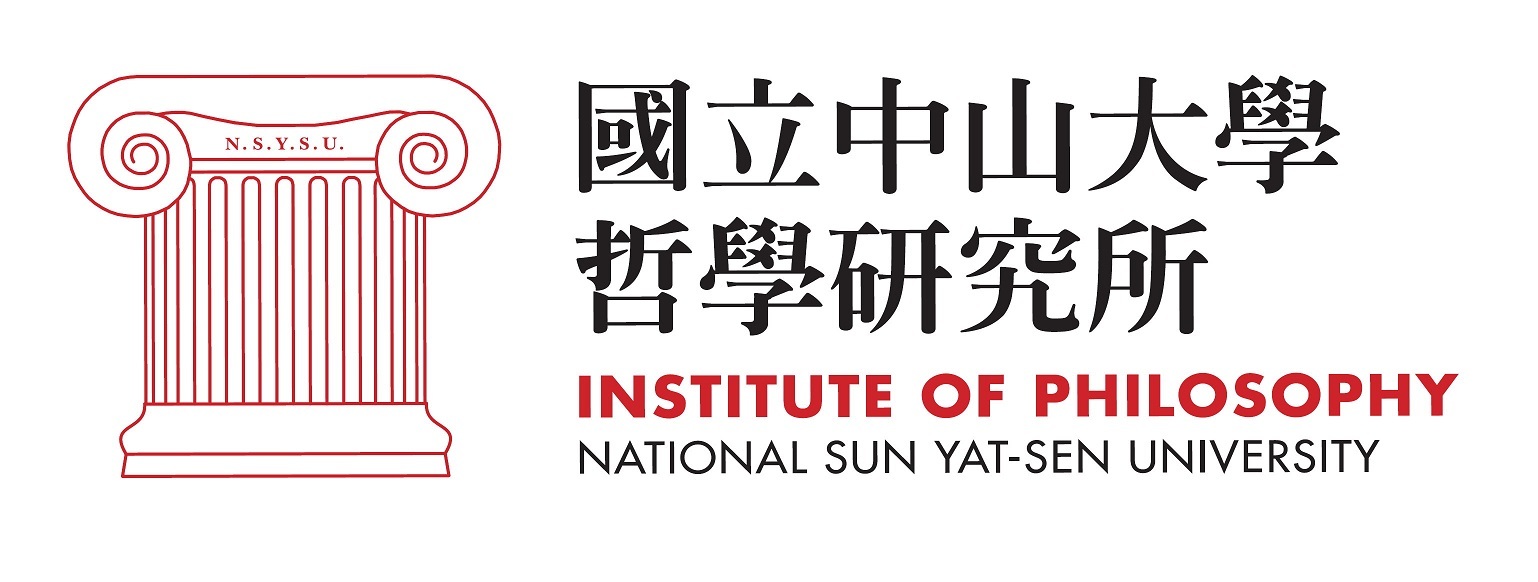2023.05.30|Jean-Yves Heurtebise: Universalism between philosophy and anthropology through three contemporary French thinkers: René Girard, Philippe Descola & Francis Wolf
Humanistic Phenomena and Cultural Differences(III)
SPEAKER: Jean-Yves Heurtebise
Associate Professor, Department of French Language and Literature, Fu Jen Catholic University
TOPIC: Universalism between philosophy and anthropology through three contemporary French thinkers: René Girard, Philippe Descola & Francis Wolf
TIME: 13:00-15:00, Tuesday, 30 May, 2023
VENUE: LA 7006, National Sun Yat-sen University
In this talk, I will discuss the articulation between cultural specificities and universality through three contemporary French thinkers who attempted recently to re-think the notion of anthropological invariants. I will present the anthropological philosophy of René Girard (1923-2015), Philippe Descola (1949-) and Francis Wolf (1950-). The three of them have a different understanding of the way to approach the universality of human interactions in relation to specific cultural settings. For René Girard, the anthropological invariant is the mimetic nature of desire which can have three different dimensions: sacrificial (in traditional societies), eschatological (with Judeo-Christianity), mechanical (in contemporary societies). For Philippe Descola, there are four ways to organize diversity to produce a world according to the relations between human and non-human, physical features and psychological traits: totemism, animism, anologism & naturalism. For Francis Wolf, thinking in terms of universal is necessary to overcome the pitfalls of cultural relativism but universality doesn’t mean domination or hegemony: universalism is a human construction demonstrating our own humanity. On this threefold basis, I will develop the idea of the transcultural nature of the universal and of the universal nature of the transcultural: universality is constructed on the basis on an evolving transculturality which itself is not merely an hybridation of cultures but expresses something beyond them.

